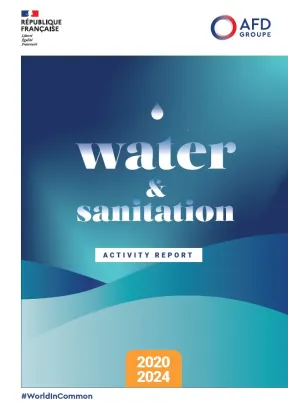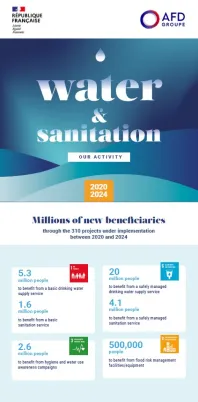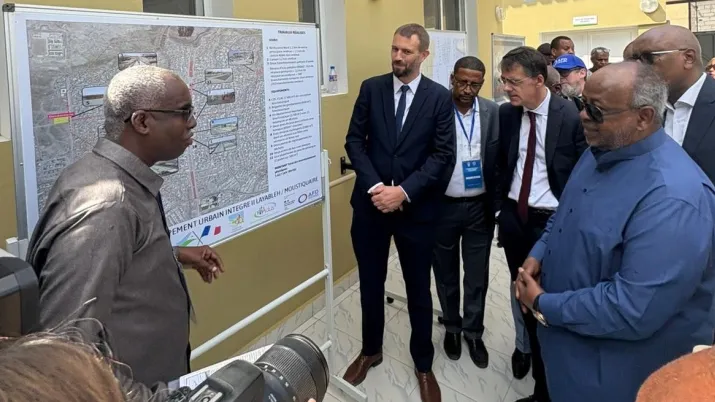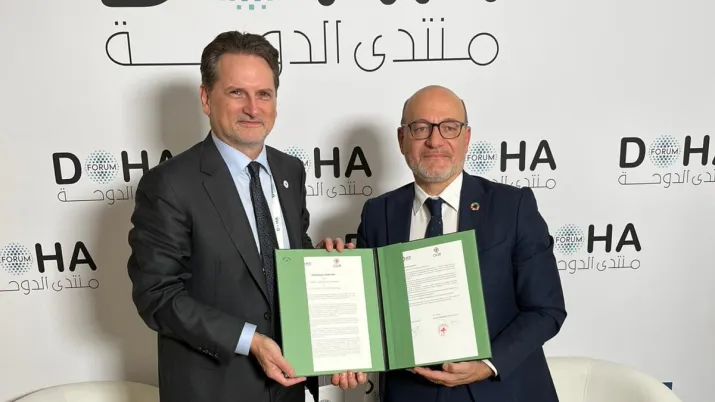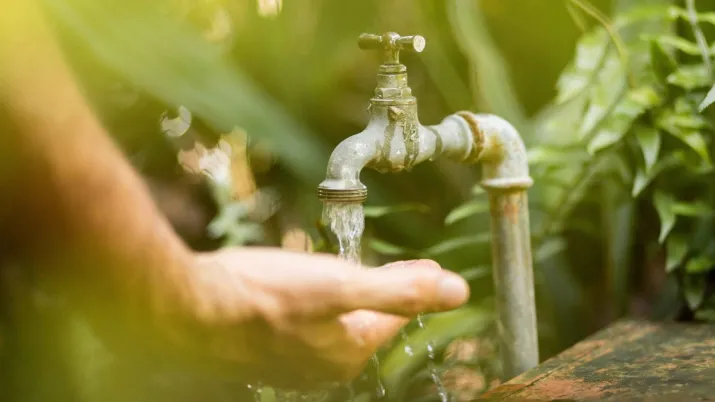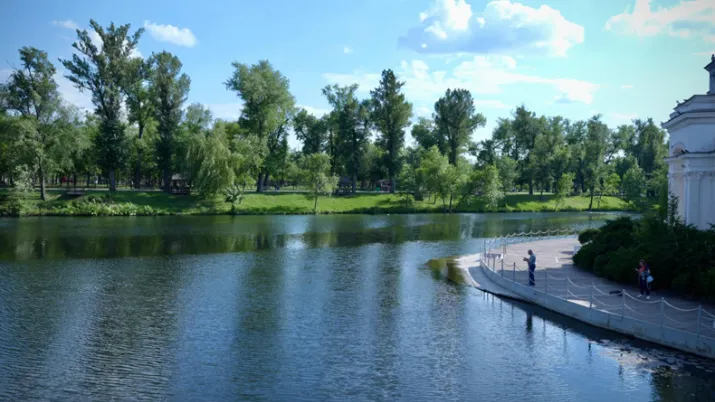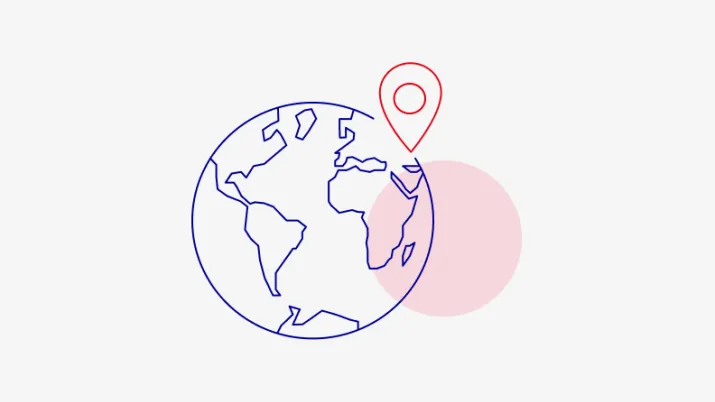Share the page
Water and Sanitation
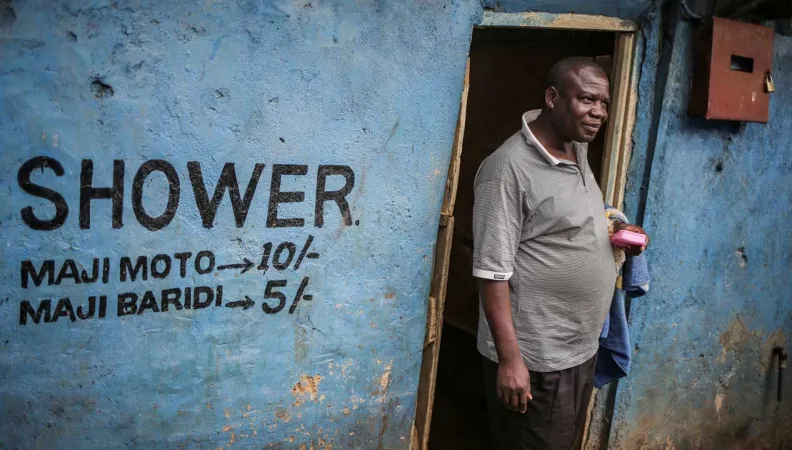
Our commitment
Water is a major challenge for the 21st century. Shortages, poor water quality and the lack of sanitation facilities have a negative impact on food security, health, gender equality and living conditions for disadvantaged people. For AFD, water is also a vital resource which needs to be protected and managed for the benefit of all. This is the overriding vision in the large number of projects for access to water and sanitation which we are supporting all over the world.
Our approach
Access to water and sanitation is a central sustainable development issue. It has been recognized by the United Nations as a human right since 2010. Water resources are a source of life and biodiversity. They are a global good and their preservation is one of the main environment challenges of the 21st century. Water and sanitation are also essential drivers for greener and more inclusive growth.
The priority given to water and sanitation and sustainable water management on the international agenda for the fight against poverty for over ten years now has enabled considerable strides. However, a great deal of progress still needs to be achieved: over two billion people do not have access to a quality drinking water service at home, and over one person in three does not have appropriate sanitation. Water resources are under pressure and are also particularly vulnerable to climate change. Finally, the sector still suffers from a lack of governance, which reduces its effectiveness and holds back potential investors.
At 31 December 2023, 306 AFD-funded projects were ongoing in the water and sanitation sector. This represents a total amount of AFD financing of EUR 9.9 bn.
AFD, water and sanitation: more effectively managing resources and addressing the challenges of universal access
While universal access to water and sanitation is a human right, recognized by the United Nations in 2010, and the focus of a Sustainable Development Goal (SDG), it presents a major challenge: two billion people lack access to quality drinking water at home, and nearly one in two people do not have adequate sanitation facilities. The consequences of this are disastrous for public health, as well as individual dignity and overall prosperity.
In response, AFD provides financing for both collective and decentralized infrastructure. Such actions are firmly geared towards leveling up sanitation services and facilities (waste collection and treatment) and reducing geographical and social inequalities. AFD supports projects defined in consultation with water and sanitation authorities, with a particular emphasis on social programs that serve those most in need, the emancipation of women and girls and the continuity of access throughout the day, including in public places, schools and healthcare centers. A specific approach has also been developed for crisis and conflict zones.
AFD’s actions are centered around supporting sector-specific governance reforms at all levels and building the capacity of stakeholders to go beyond simply assisting our partners with the projects financed. This involves supporting the setup of appropriate institutional and financial frameworks, improving the way operators function and developing human capital to ensure sustainable infrastructure and quality of service.
The key drivers of change are raising individual awareness of hygiene issues (including menstrual hygiene) and water use, as well as the involvement of communities.
With the combined effects of population growth, shifts in lifestyles and climate change, water resources are coming under strain, both in terms of availability and quality. To guarantee water security, AFD promotes governance at regional level: this integrated local, national or cross-border management is essential for coordinated and sustainable distribution that meets all needs, including those of ecosystems.
Reducing flood risk, a phenomenon that will affect up to 20% of the world’s population by 2025, is approached on this same scale and highlights the complementarity between gray and green infrastructure as well as the significance of institutional challenges.
AFD’s programs aim to facilitate regional integration of water and sanitation services: the goal is to improve their efficiency, develop sobriety in use and enhance their contribution to the circular economy. Their environmental co-benefits should also be maximized, particularly through nature-based solutions.
On the ground
Below, you’ll find projects, news, and publications related to this topic — all in one place.
Our activity in the sector at a glance
News & events
Related topics
Key figures
-
943 M€ disbursed in 2024
-
41 new projects financed in 2024
-
310 projects under implementation at the end of 2024

